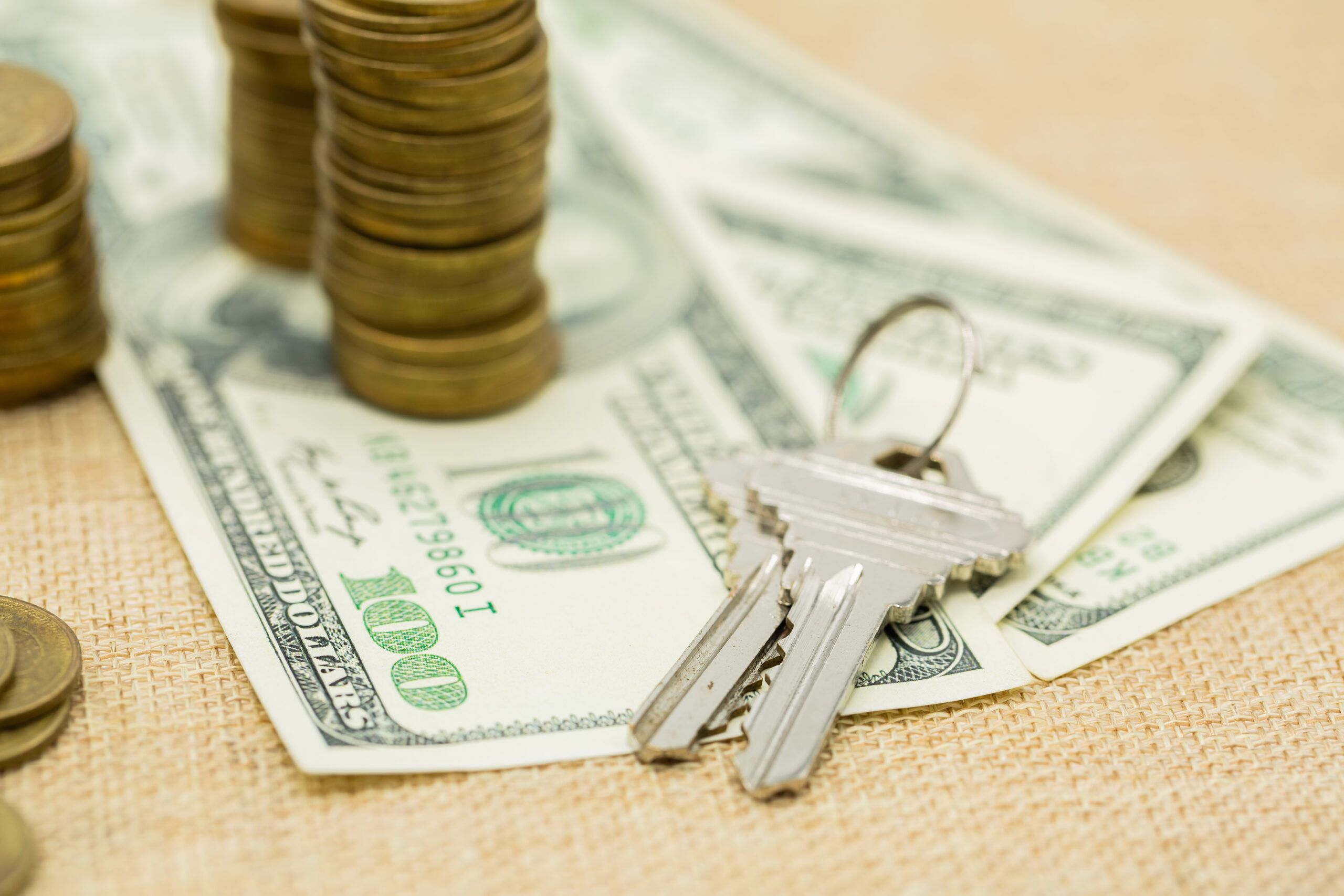If you’re a homeowner with a mortgage, you know that monthly payments and the interest you pay over time can add up to a significant amount. Fortunately, there are multiple strategies that can help you save thousands of dollars over the life of your mortgage. By making a few key adjustments to your mortgage plan, you could drastically reduce the amount you pay in interest, accelerate your loan repayment, and build wealth faster.
In this article, we’ll explore the best ways to save interest on your mortgage and ensure you’re making the most of your money. Whether you’re refinancing, making extra payments, or adjusting your loan term, these proven methods will guide you to a more financially secure future.
Understanding How Mortgage Interest Works
Before diving into strategies, it’s important to understand how mortgage interest works. When you take out a mortgage, the lender agrees to loan you a specific amount of money, which you pay back over a set period (usually 15 or 30 years). In addition to repaying the principal (the original amount you borrowed), you also pay interest.
How is interest calculated?
Mortgage interest is typically calculated using an amortization schedule. This means that in the beginning of the loan, a larger portion of your payment goes toward interest, and a smaller portion goes toward the principal. Over time, as your loan balance decreases, more of your payment goes toward the principal, and less goes toward interest.
How mortgage terms affect interest payments
The length of your mortgage term plays a huge role in the total interest you pay. A 30-year mortgage generally offers lower monthly payments, but the total interest paid over the life of the loan will be much higher compared to a 15-year mortgage, where the payments are larger but the loan is paid off more quickly.
The key takeaway is that the longer the loan term, the more interest you’ll pay in total. Saving interest on your mortgage is about shortening the amount of time it takes to pay off your loan and reducing the interest rate you’re locked into.
Benefits of Saving Interest on Your Mortgage
Before we dive into strategies, let’s look at why saving interest on your mortgage is so valuable.
Financial Freedom
The biggest benefit of saving interest on your mortgage is the extra money you can free up for other investments or personal goals. By paying less in interest, you’ll have more financial flexibility to put towards your savings, retirement, or even future real estate investments.
Shorter Loan Term
By saving interest, you’re essentially shortening the life of your loan. Many homeowners dream of paying off their mortgage early, and with the right strategy, it’s possible. Saving interest will help you pay off the loan faster without making drastic lifestyle changes.
Improving Your Credit Score

Mortgage repayment plays a significant role in your credit score. By making additional payments and paying off your mortgage early, you could significantly improve your credit score over time, making it easier to secure other financial opportunities like car loans, credit cards, or even future mortgages.
Top Strategies to Save Interest on Your Mortgage
Here are the most effective strategies to save interest on your mortgage. Each one will help you take control of your mortgage repayment and cut down on unnecessary expenses.
Refinancing Your Mortgage for a Better Interest Rate
What is refinancing? Refinancing means replacing your current mortgage with a new one, usually with a lower interest rate or better loan terms. If interest rates have dropped since you took out your mortgage, refinancing can help you save a significant amount on interest payments over time.
When is refinancing a good idea? Refinancing is beneficial when you can secure a lower interest rate, which results in lower monthly payments. However, before refinancing, make sure that the savings in interest outweigh the closing costs and fees associated with refinancing.
How to refinance successfully
- Shop around for the best rates: Different lenders offer different rates, so it’s important to compare options.
- Consider loan terms: Shorter loan terms (like 15 years) typically come with lower interest rates.
- Check your credit score: A higher credit score often qualifies you for better rates.
Potential savings example: If you have a $250,000 mortgage with a 30-year term and a 4.5% interest rate, refinancing to a 3.5% rate could save you around $150 per month. Over 30 years, that could add up to more than $50,000 in savings!
Discover how you can eliminate 25 years of interest payments in just 5 years.
Make Extra Payments Toward Principal
How does this work? One of the simplest ways to save interest on your mortgage is by making extra payments toward the principal balance. Every time you pay extra, you’re reducing the amount of principal that accrues interest, which can save you a significant amount of money over time.
Bi-weekly payments vs. monthly payments: By switching to bi-weekly payments, you end up making an additional payment each year. This can accelerate the payoff of your mortgage, shaving off several years and tens of thousands of dollars in interest.
Example: If you have a $200,000 mortgage and make one extra payment each year, you could save up to 5 years of payments and $20,000 in interest.
Tip: Round up your monthly payments. For example, if your mortgage payment is $1,205, round it up to $1,300. That extra $95 each month will reduce your principal faster and save you more in the long run.
Learn how to pay off your home in 5 years or less without changing your budget or lifestyle.
Opt for a Shorter Loan Term
Why a 15-year mortgage? Switching from a 30-year mortgage to a 15-year mortgage will result in higher monthly payments, but it will significantly reduce the total interest you pay over the life of the loan. A 15-year mortgage typically comes with lower interest rates, which also helps reduce the total interest paid.
Example of savings: If you have a $300,000 mortgage at 4% interest for 30 years, switching to a 15-year term at 3% could save you more than $100,000 in interest over the life of the loan.
While the monthly payment will be higher, many homeowners find that the peace of mind and long-term savings are worth it.
Pro Tip: Refinancing to a 15-year mortgage can be a great way to achieve this, especially if you can secure a lower rate.
Round Up Your Payments
How does rounding up work? Rounding up your mortgage payment means paying a little extra each month to reduce the principal faster. For example, if your mortgage payment is $1,204, you could round up to $1,250. This small increase can make a big difference in the amount of interest you’ll pay.
Why this helps: By rounding up your payments, you reduce the outstanding principal balance, which decreases the amount of interest you accrue. Over the course of your mortgage, this can result in substantial savings.
Example: If you round up $50 every month for 30 years, you could reduce your mortgage by several thousand dollars, cutting down interest payments.
Make Lump Sum Payments
When to make lump sum payments: A lump sum payment is a one-time payment that goes directly toward the principal. This could be a large sum from a bonus, tax refund, or inheritance. These payments help reduce your mortgage balance quickly, which cuts down the interest you’ll pay over the life of the loan.
How lump sum payments help: The more principal you pay down, the less interest you’ll have to pay. It’s important to check if there are any prepayment penalties or fees before making lump sum payments.
Example: If you make a $10,000 lump sum payment toward the principal on a $250,000 mortgage, this could save you several thousand dollars in interest and allow you to pay off the loan faster.
Choosing the Right Mortgage for Your Financial Goals

While refinancing and making extra payments are great strategies, it’s important to choose the right mortgage for your long-term financial goals.
Fixed-rate vs. adjustable-rate mortgages A fixed-rate mortgage provides stability, with your interest rate remaining the same for the entire term. An adjustable-rate mortgage (ARM) may offer lower initial rates, but the rate can increase over time, potentially costing you more in interest.
Evaluate your credit score: Your credit score plays a significant role in securing a low-interest rate. If your credit score has improved since you took out your mortgage, it might be worth exploring refinancing options to take advantage of a better rate.
Pitfalls to Avoid When Trying to Save Interest on Your Mortgage
While the strategies mentioned above can help save interest, it’s also essential to avoid common mistakes:
Prepayment Penalties
Some loans have prepayment penalties if you pay off your mortgage early. Before making extra payments or refinancing, check with your lender to ensure you’re not violating the terms of your mortgage.
Overextending Your Budget
While paying extra toward your mortgage is helpful, make sure that you’re not overextending your budget. It’s important to maintain a balanced approach to your finances.
Conclusion
Saving interest on your mortgage is one of the most effective ways to free up financial resources and accelerate your journey to financial freedom. Whether you choose to refinance, make extra payments, or switch to a shorter loan term, the strategies outlined above can significantly reduce the total interest paid over the life of your mortgage.
By implementing these strategies, you’ll not only save money, but also improve your overall financial situation and move closer to paying off your mortgage early.
Discover how you can eliminate 25 years of interest payments in just 5 years.
Affiliate Disclaimer: BestMortgages.co may include affiliate links, which allow us to earn a small commission when you make a purchase through them. This helps support our site at no extra cost to you. Thank you for your support!




0 Comments